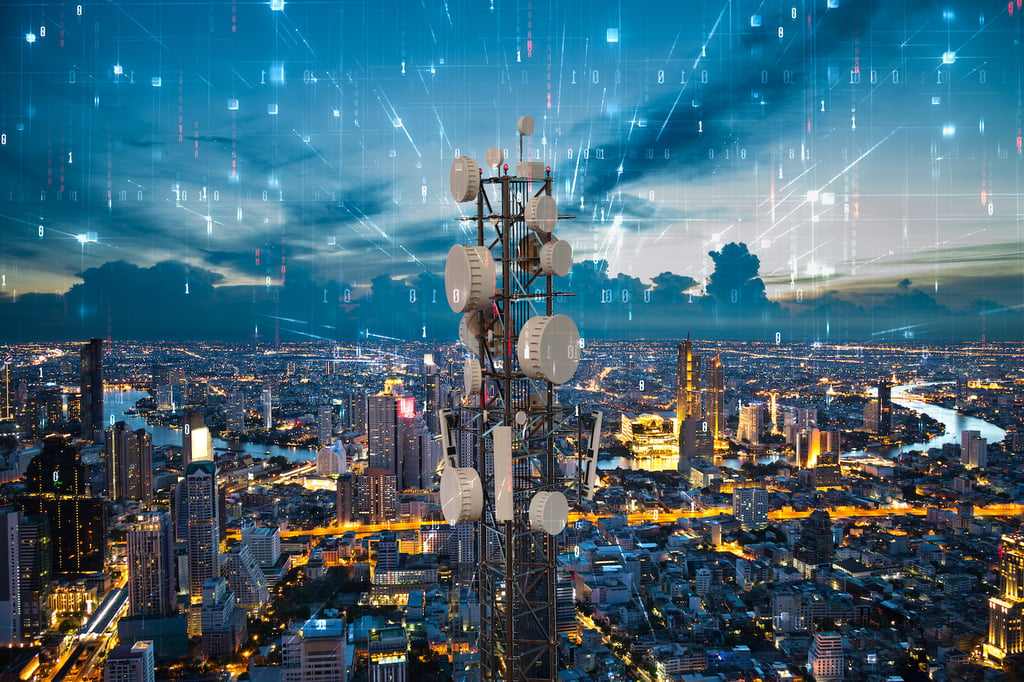
Top 10 Mobile Technologies and Capabilities for 2015 and 2016

Numbers recently released by AppBrain, HandsetDetection.com and Google itself lay out the challenge facing the Android operating system: The variety of devices using the operating system is huge. The lion’s share of these devices is older and, consequently, lacks some of the important features that have been added to the mix.
CNET, in its report on the research, laid out the landscape:
There are over 3,500 unique types of devices running Google’s Android mobile operating system in the United States, but the most popular model — used by over 13 percent of American Android users when all the major carrier models are counted, according to data from HandsetDetection.com — is the Samsung Galaxy S3, which was released two years ago. The next most popular device is the even older Motorola Droid Razr with 5 percent of users, according to the site, followed by the Samsung Galaxy S2 with nearly 5 percent.
The most popular Android phones for AppBrain users are the Samsung Galaxy S4, Galaxy S3 and Galaxy S2, which is more than three years old. The CNET story noted that the AppBrain market share numbers were smaller for several possible reasons. The wide variety of devices and, equally important, the spread in their ages and OSes is a big deal.
The latest information from Google on OS usage covered the seven-day period ending on June 4. It shows dominance by Jelly Bean, the version of the OS that predates KitKat, which is the latest version of Android. However, only a bit more than half, 58.4 percent, are using a version of Jelly Bean. KitKat is used by 13.6 percent. That means that almost one-third, 28 percent, use old and antiquated versions of the OS (e.g., Froyo, Gingerbread and Ice Cream Sandwich).
The relative monolithic nature of iOS versions versus the broad, wild-west nature of Android is an ongoing issue. Indeed, Motley Fool reports that at the Apple Worldwide Developers Conference earlier this month, CEO Tim Cook took Android to task for the security issues caused by operating system fragmentation and the open nature of Google Play.
Juxtaposing the related spreads in the device brands and models on one hand and the operating systems driving them on the other suggests that many users of Android will use devices that lack the latest security and usability features.
Fragmentation will continue to be a deep challenge for Android into the future. Although it long has been a problem, it hasn’t slowed Android down.











